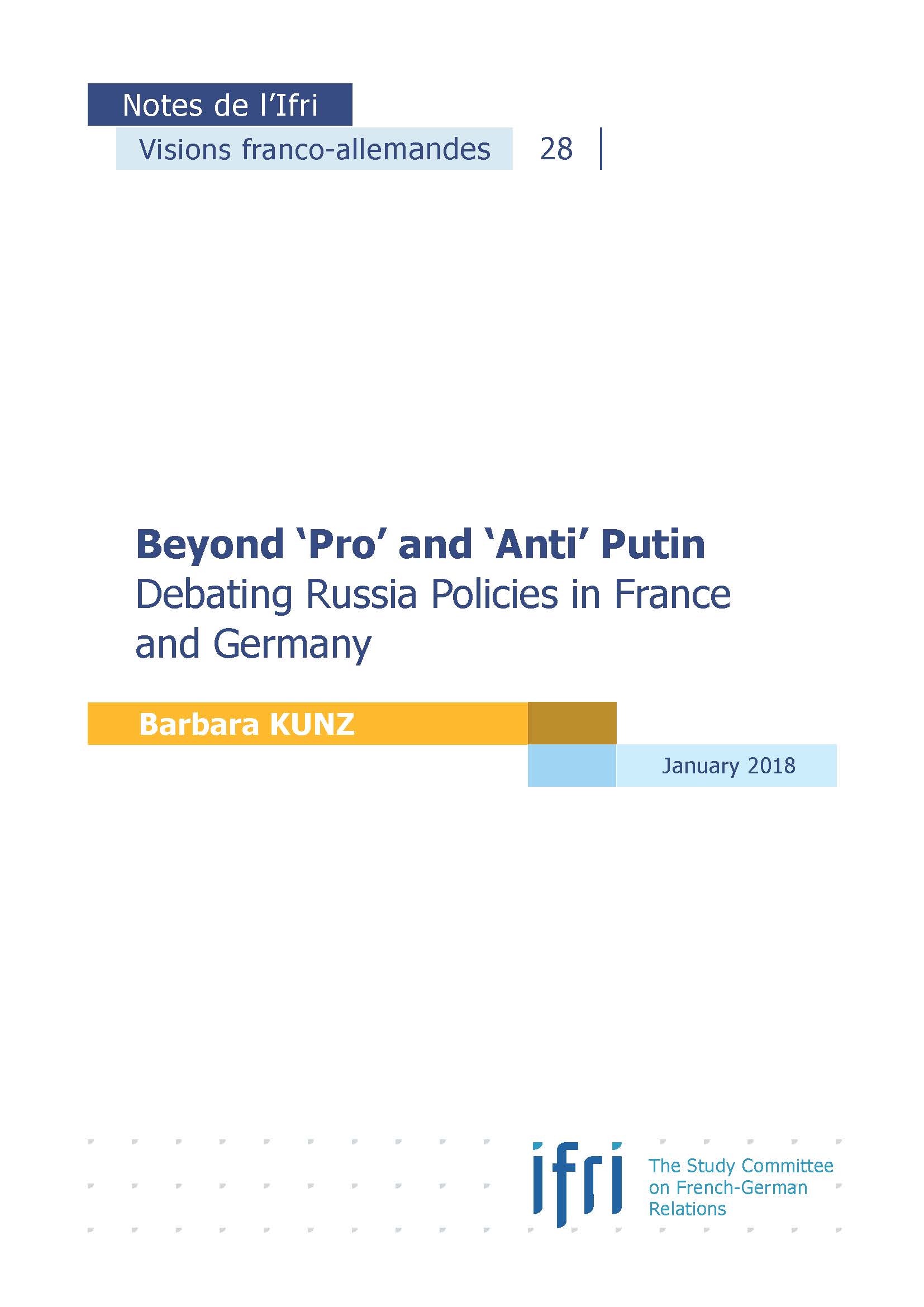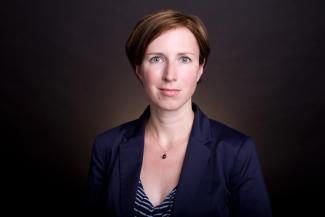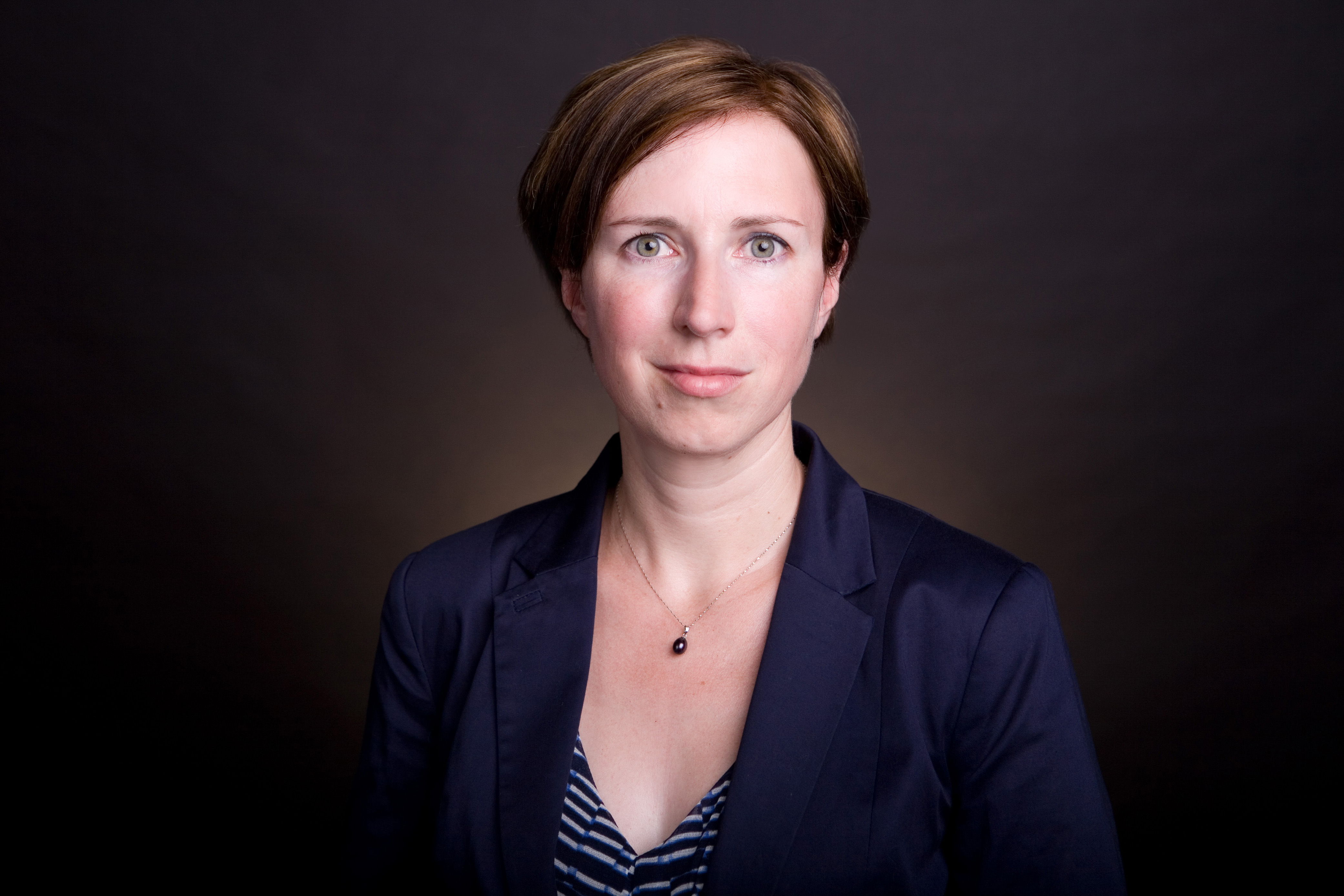Beyond ‘pro’ and ‘anti’ Putin: Debating Russia Policies in France and Germany

Attitudes vis-à-vis Russia expressed in the public sphere are heterogeneous, in France more so than in Germany. In both France and Germany, the general public is by and large skeptical of Vladimir Putin and his policies. The picture is more diverse in the political realm. In Germany, there (still) is an approach that might be qualified as “mainstream”. The French debate, in turn, is highly fragmented.
In light of the two countries’ recent electoral campaigns, this study addresses the public debate in France and Germany regarding a number of key issues. It presents both dominant discourses, as well as those challenging them. The study thus offers insights into national debates generally unavailable to readers unfamiliar with the respective country’s political playgrounds or without the necessary language skills.
Overall, foreign-policy discourses seem to be drifting apart in France and Germany. The German political establishment continues to emphasize multilateralism and a rules-based international order. In France, the 2017 presidential campaign has shown considerable differences between – and sometimes even within – political parties. These differences continue to exist, and are even likely to deepen. This development’s consequences for Franco-German dialog thus go beyond the question of how to deal with Russia.
Barbara Kunz, Research Fellow at the Study Committee on French-German Relations (Cerfa), Institut Français de Relations Internationales (Ifri), Paris.
Download the full analysis
This page contains only a summary of our work. If you would like to have access to all the information from our research on the subject, you can download the full version in PDF format.
Beyond ‘pro’ and ‘anti’ Putin: Debating Russia Policies in France and Germany
Related centers and programs
Discover our other research centers and programsFind out more
Discover all our analysesMerz’ European Policy-making: The End of the ‘German Vote’?
Friedrich Merz’s European ambition is to turn Germany, long seen as hesitant into a leading actor within the European Union (EU). To that end, he has pledged to end the “German vote,” a phenomenon that epitomizes the paradox of a country both indispensable and frequently absent from European decision-making.

Securing critical raw material (CRM) value chains – a prerequisite for Europe’s technological resilience
At the heart of economic security, technological resilience is a backbone of the European Union’s (EU) competitiveness. The EU’s energy and digital transitions depend on critical raw materials (CRM).

Reconciling competitiveness and demographic change: a Franco-German imperative
France and Germany are facing parallel demographic shifts that could reshape the future of their economies and their social models. These shifts reflect broader European patterns but are magnified by the central role both nations play in EU governance and competitiveness.
Taking the Pulse: Does France's Political Crisis Weaken Europe's Geopolitical Hand?
While the EU tries to navigate a myriad international challenges, France is experiencing historic political disarray. What impact will instability in Paris have on Europe's geostrategic capacity?











